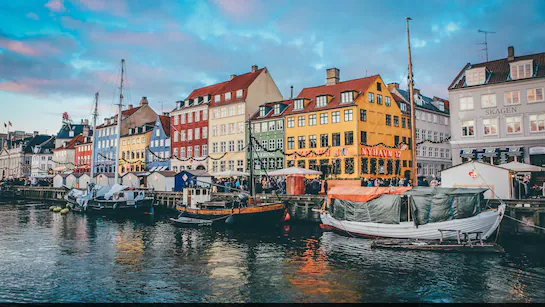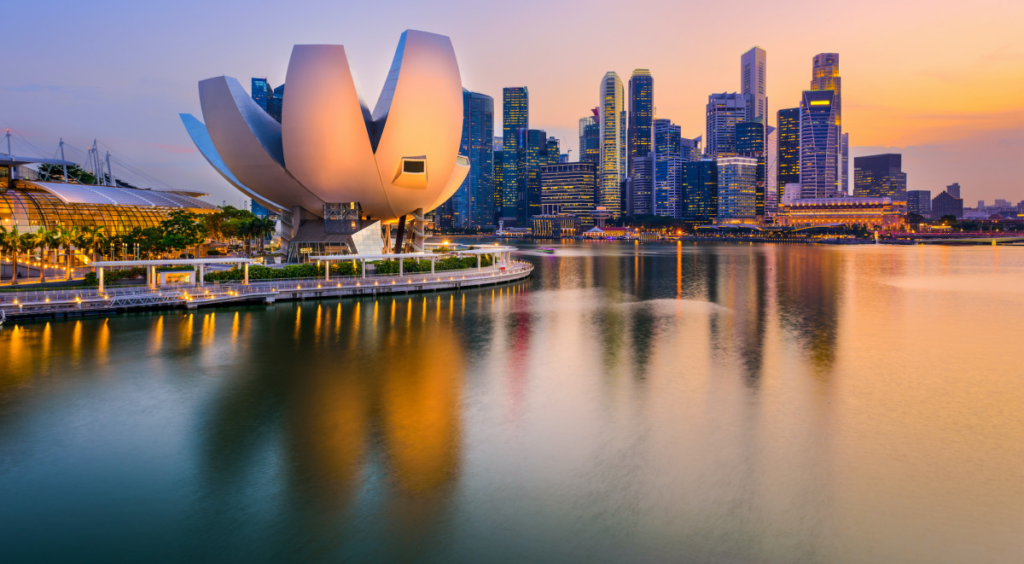What Is the Cleanest Country in the World? Discover the Top Places for Cleanliness

What is the cleanest country in the world we think of cleanliness, we often imagine pristine streets, fresh air, and sparkling water. But which countries can claim to be the cleanest in the world? In this article, we’ll explore the top nations known for their cleanliness, the reasons behind their pristine environments, and the practices that keep them clean. Let’s dive into what makes these countries leaders in maintaining cleanliness and the environment.
Top 5 Cleanest Countries in the World
When it comes to cleanliness, certain countries lead the way. These nations have made cleanliness a priority in their culture, policies, and infrastructure. Here are the top five cleanest countries in the world:
- Switzerland
- Switzerland consistently ranks as one of the cleanest countries in the world. Its well-maintained public spaces, clean streets, and efficient waste management systems are a testament to the Swiss dedication to cleanliness. The country also places a strong emphasis on environmental sustainability, which helps maintain its pristine landscapes.
- Denmark
- Denmark is another country where cleanliness is taken seriously. The Danish government has implemented effective waste management systems, and the citizens contribute by following rules for sorting recyclables. Cleanliness is not just about appearances in Denmark but is tied to a larger commitment to preserving the environment.
- Finland
- Known for its fresh air and clean natural surroundings, Finland is often cited as one of the cleanest countries. Finland has a strong culture of environmental awareness, and its cities are consistently well-maintained. The Finnish approach to waste management and recycling is one of the most efficient in the world.
- Singapore
- Singapore is famous for its cleanliness, largely due to strict laws that keep public spaces spotless. The government has implemented a zero-tolerance policy for littering, and there are frequent campaigns to remind citizens to keep the country clean. Public cleanliness is also maintained by the city’s advanced waste management systems.
- Sweden
- Sweden’s commitment to sustainability and cleanliness is evident in its efforts to reduce waste and its focus on renewable energy. Swedish cities are known for their cleanliness, and the country has one of the highest recycling rates globally. The Swedish government’s policies encourage a clean and green environment for all.
Why Cleanliness Matters
Cleanliness is essential not just for aesthetic reasons but also for health, environmental, and social factors. Living in a clean country offers a higher quality of life, reduces health risks, and boosts the economy through eco-tourism. Clean environments help reduce the spread of diseases, improve air quality, and preserve natural resources. When a country places a high value on cleanliness, it shows respect for both the planet and its people, creating a harmonious living space for all.
What Makes a Country Clean?
Several factors contribute to a country’s overall cleanliness. While each nation has its own approach to maintaining cleanliness, three key elements often come into play:

Efficient Waste Management
One of the most critical factors for a clean country is an efficient waste management system. Countries like Sweden, Switzerland, and Singapore have mastered waste disposal and recycling. In these countries, waste is separated at the source, and efforts are made to recycle as much as possible. This reduces landfill waste, conserves resources, and prevents pollution from piling up in streets or waterways.
Environmental Protection Laws
Strong environmental protection laws play a vital role in maintaining a clean country. Countries that have strict regulations regarding pollution control, water conservation, and energy efficiency tend to be cleaner. These laws help prevent harmful chemicals and waste from being released into the air, water, or soil, preserving the natural landscape and reducing environmental damage.
Cultural Attitudes Toward Cleanliness
In many countries, cultural values shape how people view cleanliness. In places like Japan and Sweden, cleanliness is deeply ingrained in the culture. People are taught from a young age the importance of keeping their surroundings clean, and they actively participate in cleaning up after themselves. This shared responsibility helps maintain a clean environment, from public spaces to personal homes.
How Clean Is the United States?
The United States is a large and diverse country, and its cleanliness varies by region. While some cities like San Francisco and Portland are known for their cleanliness and environmental initiatives, other areas struggle with pollution and waste management challenges. The U.S. has made strides in improving waste management and air quality, but the country still faces significant challenges regarding plastic waste and air pollution in certain regions.
Government programs like recycling initiatives and public awareness campaigns have helped raise awareness about cleanliness. However, the U.S. continues to work toward addressing environmental issues on a larger scale, including transitioning to more sustainable energy sources and improving waste management infrastructure.
Cleanest Cities Around the World
Some cities around the world are particularly known for their cleanliness and commitment to preserving the environment. These cities set a high standard for others to follow:
- Zurich, Switzerland: Zurich’s streets are always clean, thanks to its excellent waste management systems. Residents are encouraged to recycle, and there are clear regulations in place to maintain cleanliness.
- Copenhagen, Denmark: Copenhagen is a model city in terms of sustainability and cleanliness. The city is known for its green spaces, well-maintained public areas, and strict waste sorting rules.
- Helsinki, Finland: Helsinki has made great strides in environmental sustainability. The city’s green parks, well-managed public spaces, and efficient waste recycling systems make it one of the cleanest cities globally.
Countries Leading in Sustainability
Sustainability is a key factor in maintaining cleanliness. Countries that lead in sustainability not only keep their environments clean but also protect natural resources for future generations.

Green Technologies and Innovation
Countries like Denmark and Sweden are leading the way in green technologies. These nations invest heavily in renewable energy, like wind and solar power, which helps reduce pollution and dependence on fossil fuels. Green technologies also contribute to cleaner air, water, and soil, benefiting the overall cleanliness of the country.
Effective Recycling Programs
Recycling plays a huge role in maintaining cleanliness. Countries like Germany and Switzerland have some of the most effective recycling programs in the world. These nations have set up comprehensive systems for sorting, collecting, and reprocessing materials, which drastically reduces waste and encourages citizens to recycle.
Clean Air Policies
Countries that implement policies focused on reducing air pollution tend to have cleaner environments. For instance, countries in Scandinavia, like Norway and Sweden, have strict emissions regulations that help maintain clean air. Policies like promoting electric vehicles, regulating industrial emissions, and investing in public transportation networks help reduce air pollution and maintain a clean atmosphere.
What Country Is Known as the Cleanest?
Among the many clean countries, Switzerland is often regarded as the cleanest country in the world. This reputation is due to the country’s rigorous environmental laws, pristine natural landscapes, and the strong civic responsibility exhibited by its citizens. With its efficient waste management, strict environmental policies, and cultural emphasis on cleanliness, Switzerland has set the standard for maintaining a clean and sustainable environment.
In Conclusion
Cleanliness is an important aspect of a country’s overall well-being. It affects not only the health of its citizens but also its reputation on the global stage. The cleanest countries in the world have embraced a combination of strict laws, innovative technologies, and a cultural commitment to preserving the environment. By learning from these nations and applying similar principles, the world can work toward a cleaner, healthier future for all.






